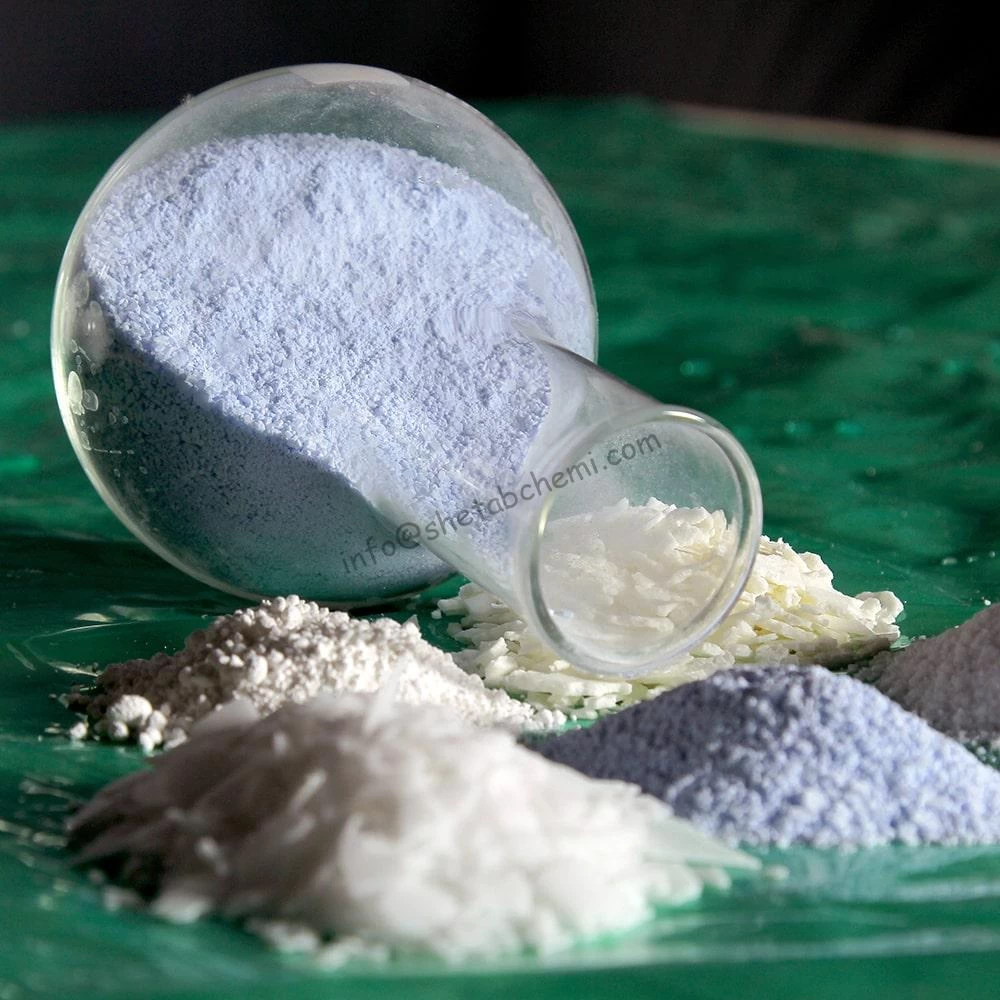Basic Organic Chemicals
Basic organic chemicals are the foundation of the organic chemical industry and serve as building blocks for countless products in various sectors, including pharmaceuticals, agriculture, plastics, textiles, and more. These chemicals are derived from natural sources such as petroleum, natural gas, coal, or renewable resources like plants and animals. Some common examples of basic organic chemicals include:
1. Ethylene: Used in the production of plastics, solvents, and synthetic fibers like polyester.
2. Propylene: A precursor to polypropylene, a versatile plastic used in packaging, textiles, automotive parts, and more.
3. Benzene: Used as a starting material in the production of plastics, synthetic rubber, dyes, and pharmaceuticals.
4. Toluene: Used as a solvent in paints, coatings, adhesives, and as a raw material for the production of chemicals like benzene and xylene.
5. Methanol: Used as a solvent, fuel additive, antifreeze, and as a raw material in the production of formaldehyde and other chemicals.
6. Ethanol: Used as a solvent, fuel additive, disinfectant, and in the production of beverages, cosmetics, and pharmaceuticals.
7. Acetic Acid: Used in the production of vinyl acetate monomer (VAM), which is used to make adhesives, coatings, and paints.
8. Formaldehyde: Used in the production of resins, adhesives, and as a disinfectant and preservative.
These basic organic chemicals are essential in the manufacturing of a wide range of consumer and industrial products, contributing to various aspects of daily life and economic activities.
Ethylene is a basic organic chemical compound with the chemical formula C2H4. It is a colorless, flammable gas with a slightly sweet odor and is the simplest alkene a hydrocarbon with carbon-carbon double bonds.

Ethylene is a crucial building block in the petrochemical industry and is primarily used in the production of various plastics, including polyethylene (the most widely produced plastic in the world), ethylene oxide, ethylene glycol, and vinyl chloride. It is also used in the manufacture of synthetic rubbers, solvents, surfactants, and as a ripening agent for fruits and vegetables.
In addition to its industrial applications, ethylene plays a significant role in plant biology as a natural plant hormone. It regulates various physiological processes in plants, including seed germination, flowering, fruit ripening, and leaf abscission (shedding). Ethylene is produced by plants in response to stress, injury, or during certain stages of growth and development.
Propylene, also known as propene, is a basic organic chemical compound with the chemical formula C3H6. It is a colorless gas with a faint petroleum-like odor and is a member of the alkene class of hydrocarbons, containing one double bond between carbon atoms.
Propylene is a crucial building block in the petrochemical industry and is primarily used in the production of polypropylene, which is one of the most widely used plastics in various applications such as packaging, textiles, automotive components, and household goods.
In addition to polypropylene, propylene is also used in the manufacture of acrylonitrile, propylene oxide, isopropanol, cumene, and acrylic acid, among other chemicals. It serves as a precursor to various important chemicals and is utilized in the production of solvents, surfactants, lubricants, and synthetic rubber.
Propylene is typically derived from the refining of petroleum or as a byproduct of ethylene production in the steam cracking process. It is an important commodity chemical with versatile applications across multiple industries.
Benzene is a basic organic chemical compound with the molecular formula C6H6. It is a colorless, highly flammable liquid with a sweet aroma and is classified as a hydrocarbon, specifically an aromatic hydrocarbon, due to its characteristic ring structure known as a benzene ring.
Benzene is one of the fundamental building blocks in the petrochemical industry and serves as a precursor to a wide range of chemicals and materials. It is primarily used in the production of other chemicals, including:
1. Plastics: Benzene is a key ingredient in the production of polystyrene, which is used in packaging materials, disposable cups, and insulation.
2. Synthetic Fibers: It is used in the production of nylon, polyester, and other synthetic fibers used in textiles and carpets.
3. Rubber: Benzene is used in the production of synthetic rubber, which is utilized in tires, hoses, belts, and various other automotive and industrial applications.
4. Solvents: It is used as a solvent in various industrial processes, including the extraction of oils and fats, as well as in the production of paints, adhesives, and cleaning agents.
5. Pharmaceuticals: Benzene serves as a starting material in the synthesis of numerous pharmaceutical drugs, including analgesics, anesthetics, and antiseptics.
Despite its versatile applications, benzene is considered a hazardous chemical due to its toxic and carcinogenic properties. Prolonged exposure to benzene vapor or liquid can pose significant health risks, including increased risk of leukemia and other blood disorders. Therefore, strict safety measures are implemented in industries where benzene is used, and its use is regulated by environmental and health agencies worldwid
Ethanol, also known as ethyl alcohol or grain alcohol, is a basic organic chemical compound with the chemical formula C2H5OH. It is a colorless, volatile liquid with a characteristic odor and is one of the most widely used alcohols in the world.
Ethanol has a variety of industrial, commercial, and recreational applications, including:
_1710699308.jpg)
1. Fuel: Ethanol is commonly used as a biofuel additive in gasoline to reduce emissions and improve octane ratings. It is produced from renewable sources such as corn, sugarcane, and other biomass through fermentation and distillation processes.
2. Beverages: Ethanol is the primary alcohol found in alcoholic beverages such as beer, wine, and spirits. It is produced through the fermentation of sugars by yeast and contributes to the intoxicating effects of alcoholic drinks.
3. Solvent: Ethanol is a versatile solvent used in various industries, including pharmaceuticals, cosmetics, and cleaning products. It is effective in dissolving a wide range of substances, making it suitable for use in formulations such as hand sanitizers, disinfectants, and personal care products.
4. Chemical Intermediates: Ethanol serves as a precursor to various chemical compounds used in the synthesis of pharmaceuticals, fragrances, dyes, and plastics. It undergoes chemical reactions to produce ethylene, acetic acid, ethyl acetate, and other valuable chemicals.
5. Laboratory and Industrial Processes: Ethanol is used as a solvent, reagent, and fuel in laboratory research, chemical synthesis, and industrial processes such as extraction, distillation, and chromatography.
6. Antiseptic: Ethanol is a common ingredient in antiseptic solutions and hand sanitizers due to its antimicrobial properties. It is effective in killing bacteria and viruses on skin and surfaces when used in appropriate concentrations.
Ethanol is widely available and plays a significant role in various aspects of daily life, industry, and commerce. However, it is important to use ethanol responsibly and in accordance with safety regulations due to its flammable nature and potential health risks associated with excessive consumption.
Ethylene is a basic organic chemical compound with the chemical formula C2H4. It is a colorless, flammable gas with a slightly sweet odor and is the simplest alkene a hydrocarbon with carbon-carbon double bonds.

Propylene, also known as propene, is a basic organic chemical compound with the chemical formula C3H6. It is a colorless gas with a faint petroleum-like odor and is a member of the alkene class of hydrocarbons, containing one double bond between carbon atoms.
Benzene is a basic organic chemical compound with the molecular formula C6H6. It is a colorless, highly flammable liquid with a sweet aroma and is classified as a hydrocarbon, specifically an aromatic hydrocarbon, due to its characteristic ring structure known as a benzene ring.
Ethanol, also known as ethyl alcohol or grain alcohol, is a basic organic chemical compound with the chemical formula C2H5OH. It is a colorless, volatile liquid with a characteristic odor and is one of the most widely used alcohols in the world.
_1710699308.jpg)
FAQs
What is the base of chemicals?
Basic organic chemicals are the foundation of the organic chemical industry and serve
What is the chemical formula of ethylene?
Ethylene is a basic organic chemical compound with the chemical formula C2H4.
What is the most produced plastic in the world?
polyethylene (the most widely produced plastic in the world),
Which chemical is more effective in treatment?
Ethanol is widely available and plays a significant role in various aspects of daily life
 +7929688-88-14
+7929688-88-14

 English
English
 Persian
Persian
 Russian
Russian
 Chinese
Chinese


 +7929688-88-14
+7929688-88-14

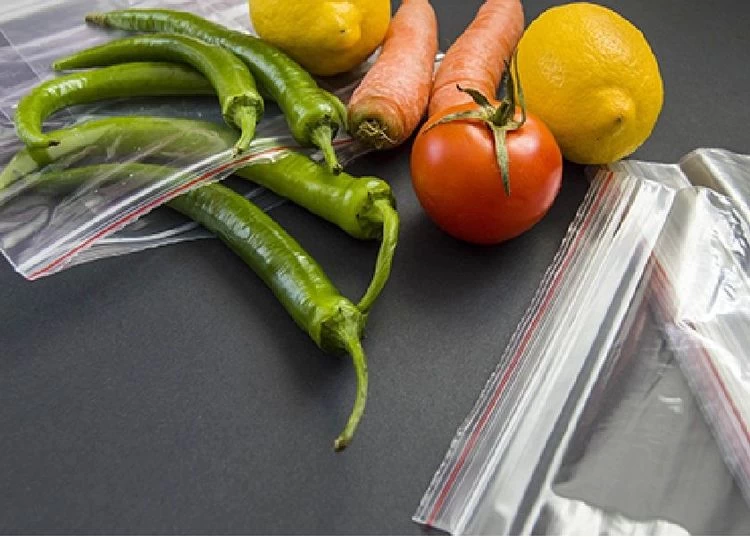
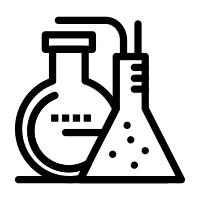
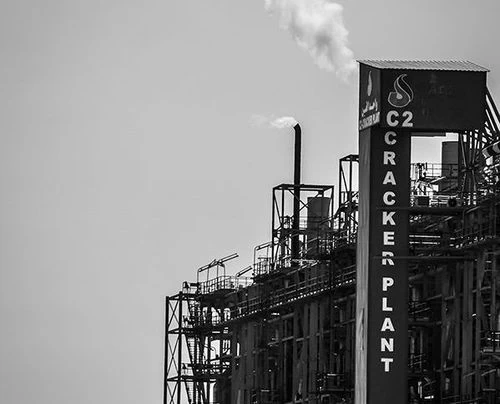
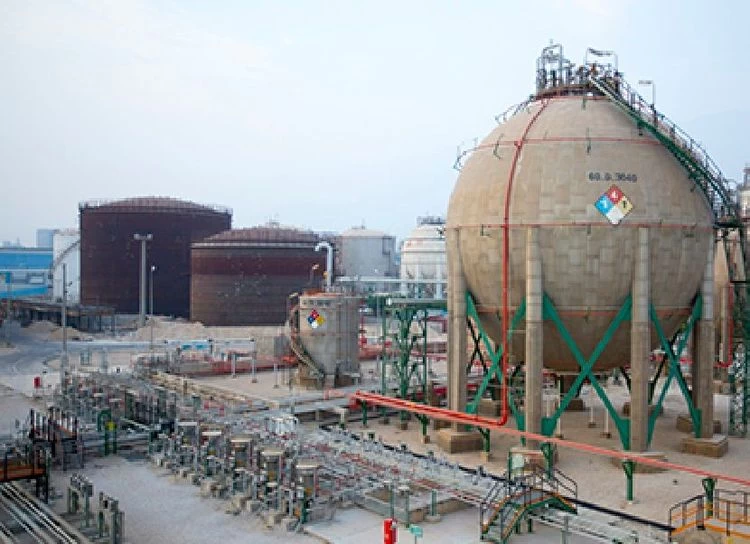
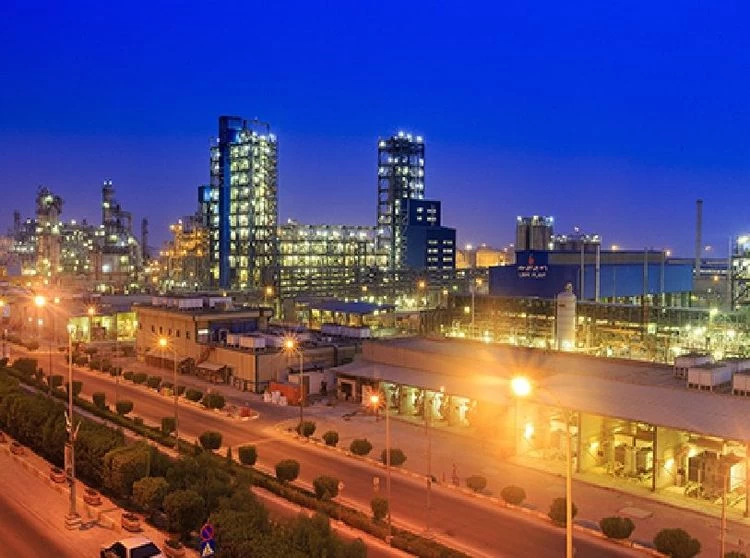
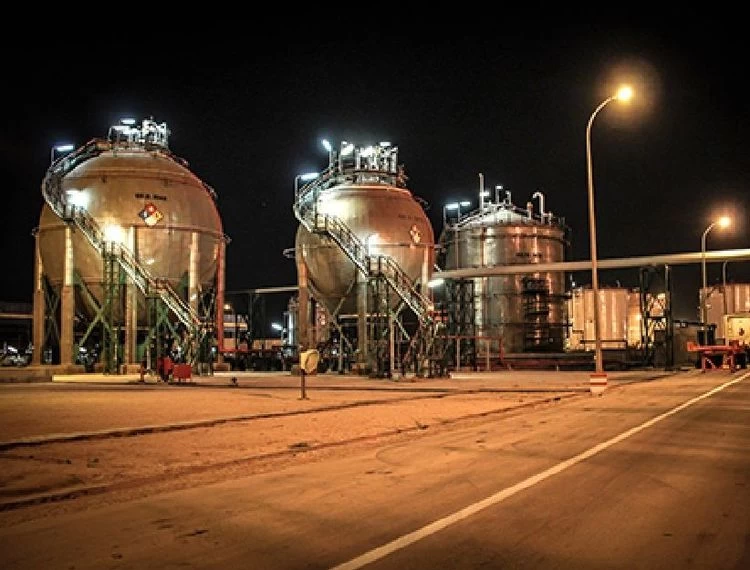
.webp)




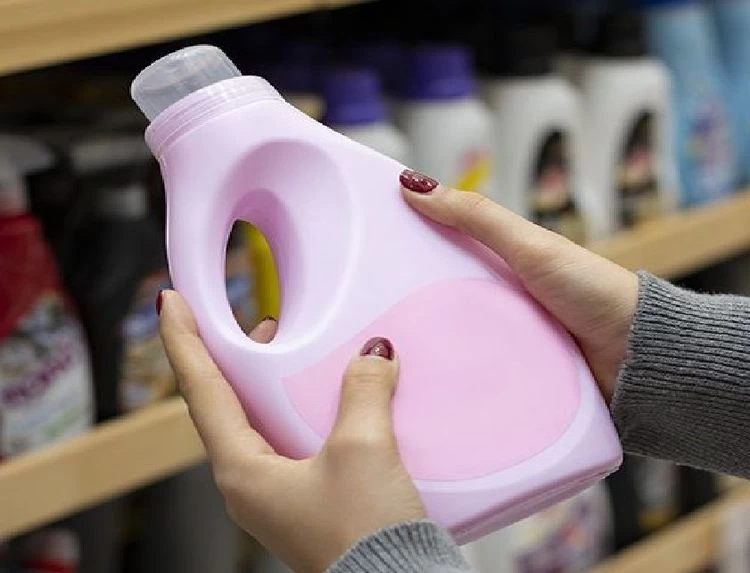
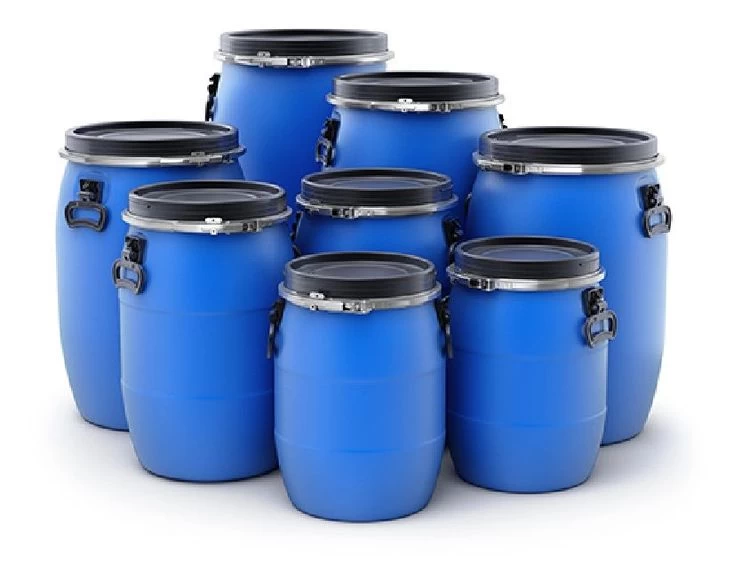

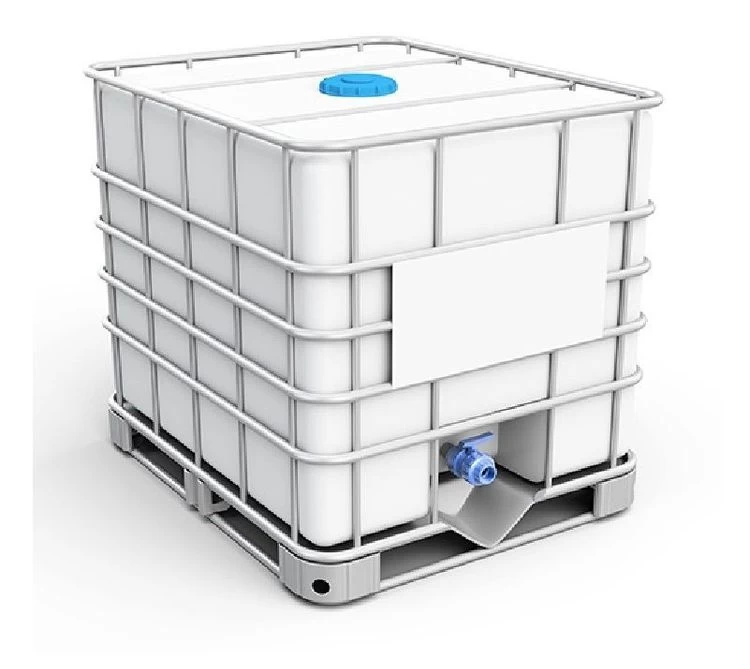


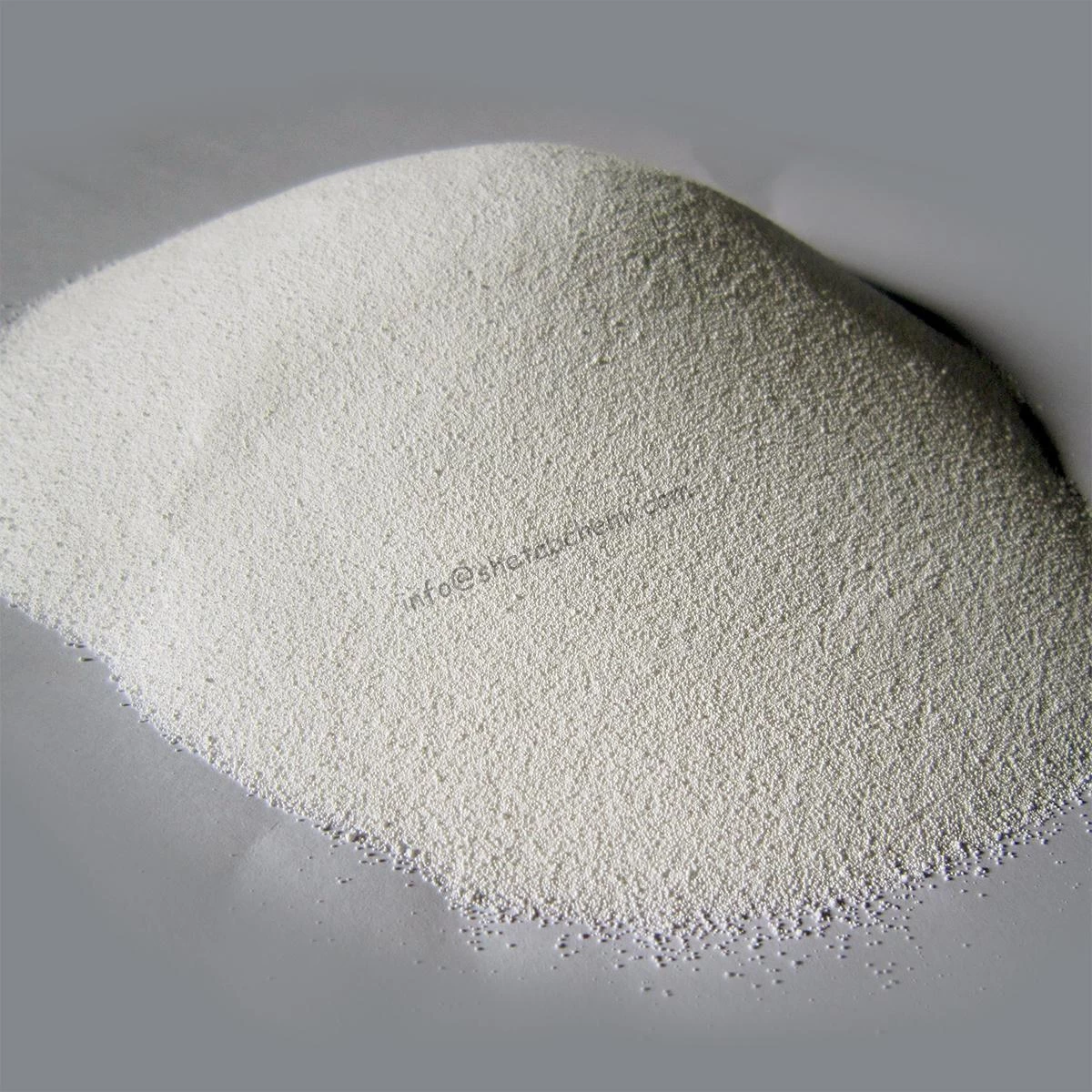
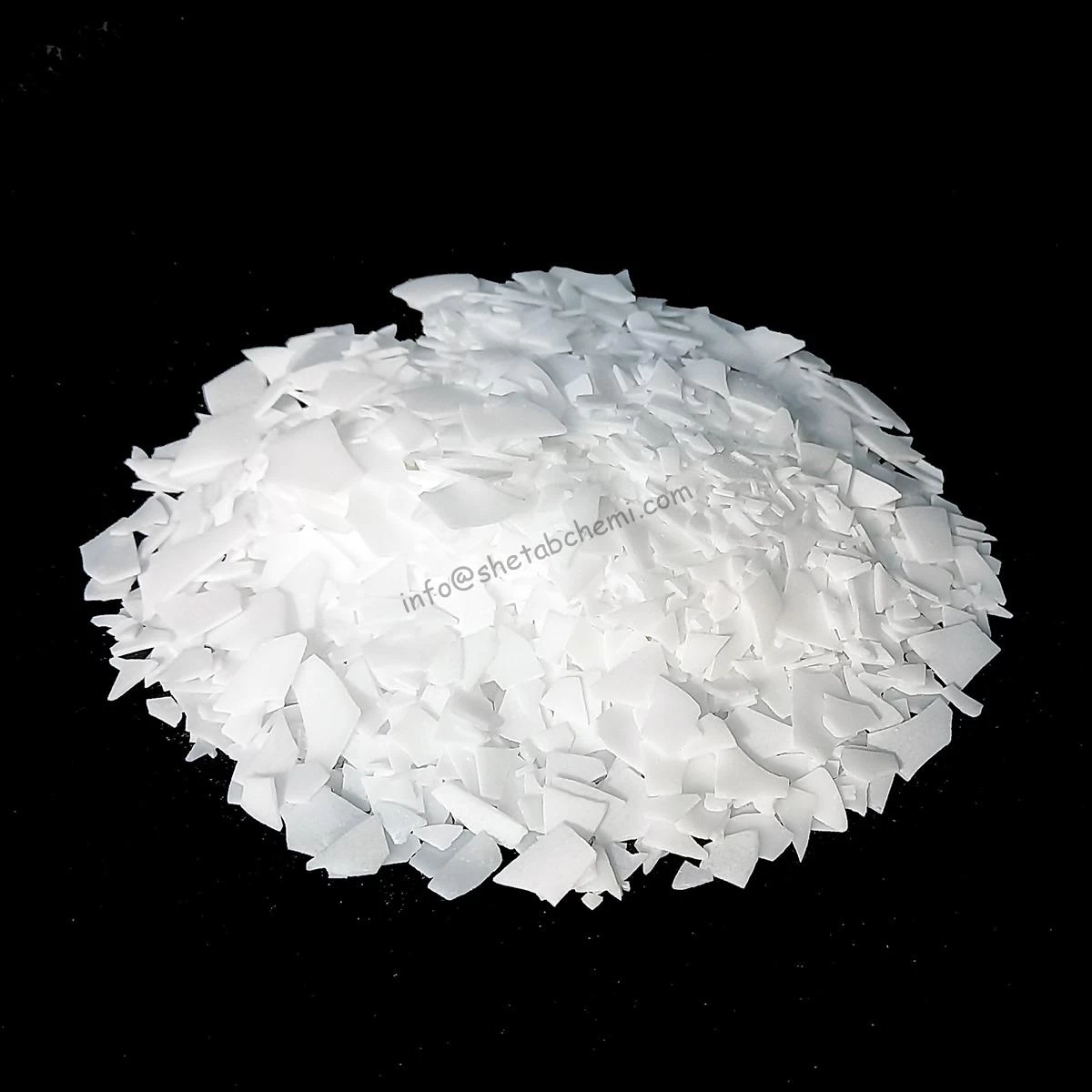
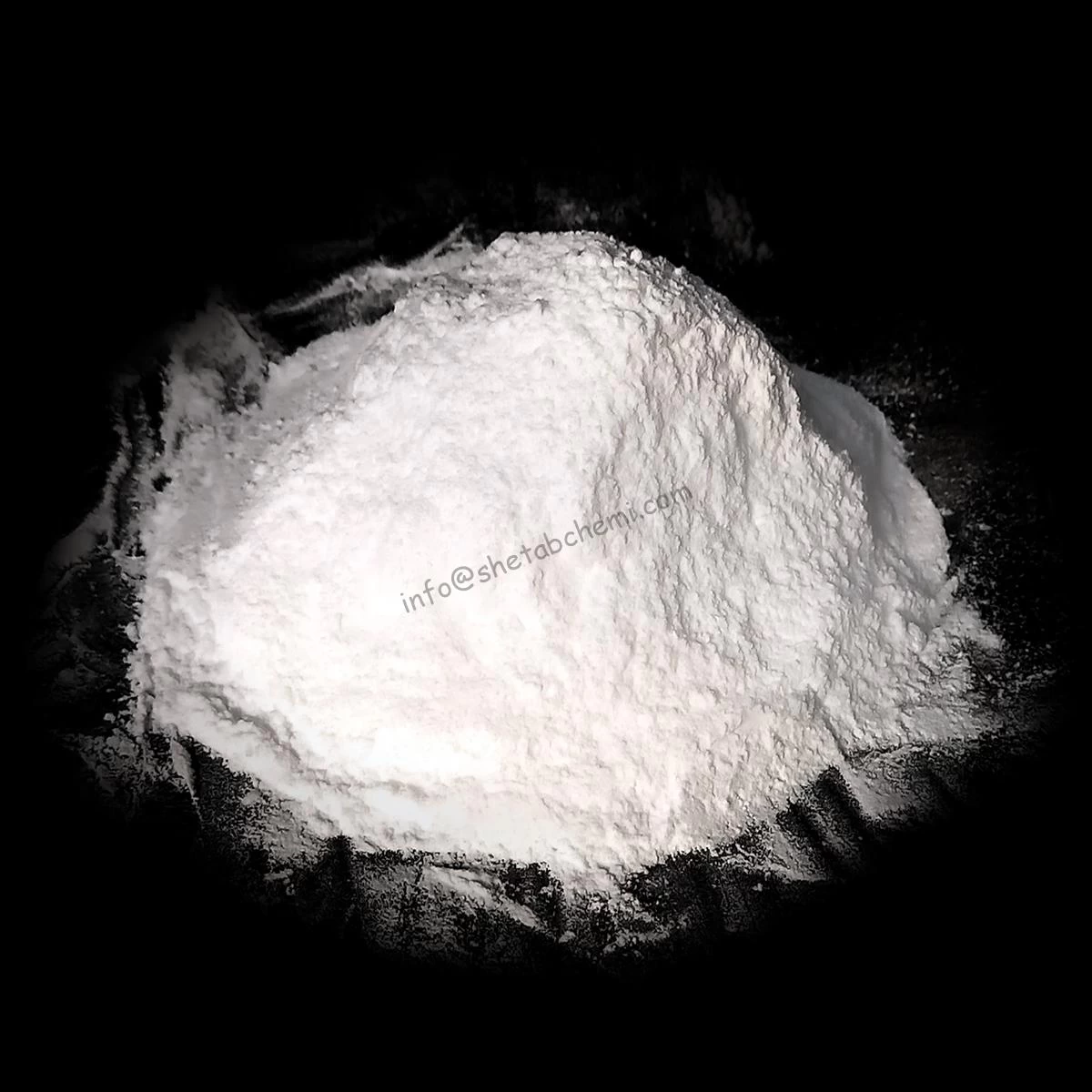
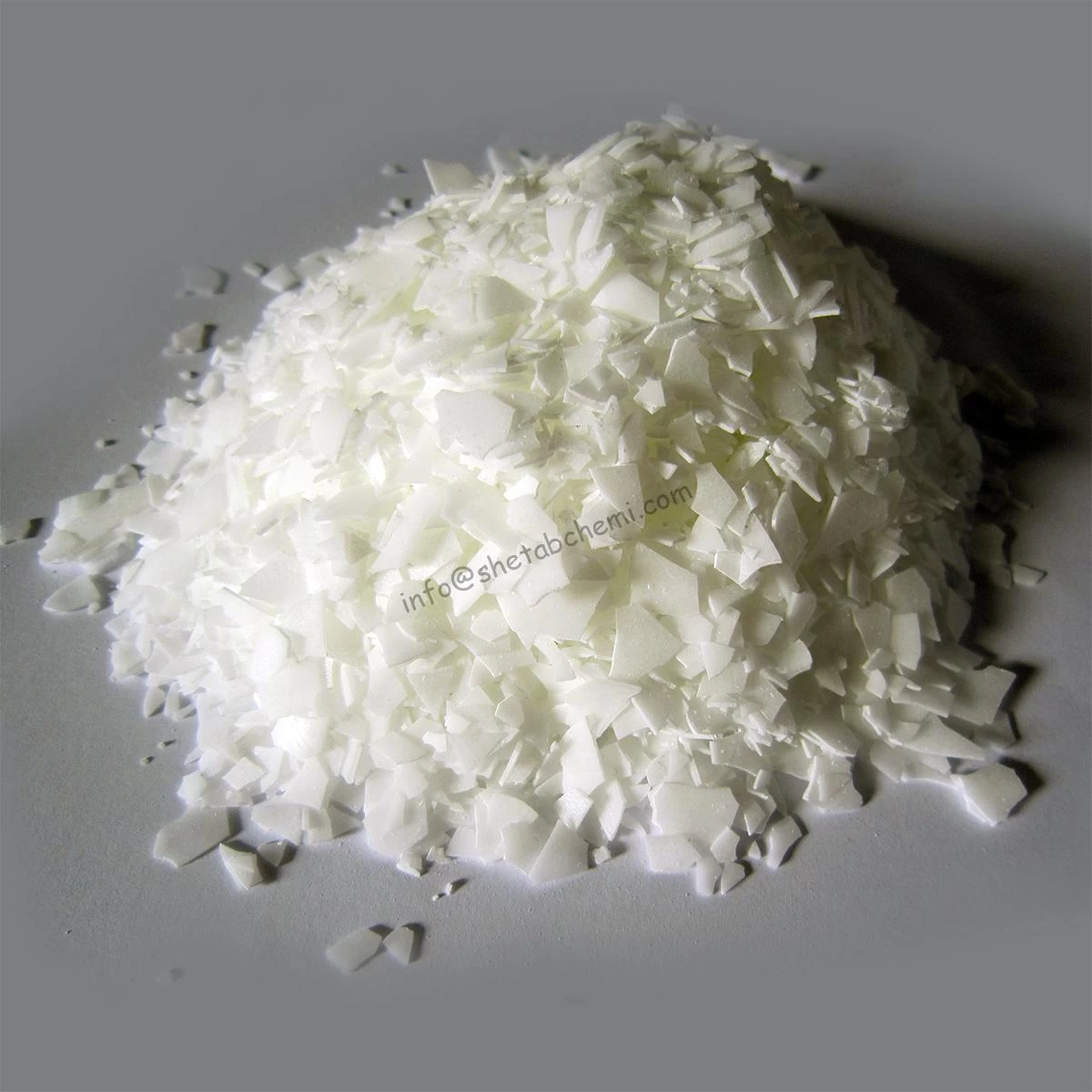
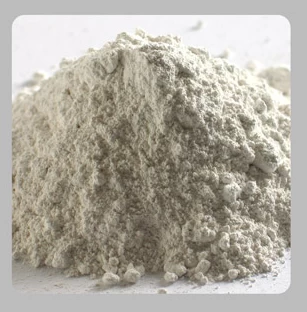
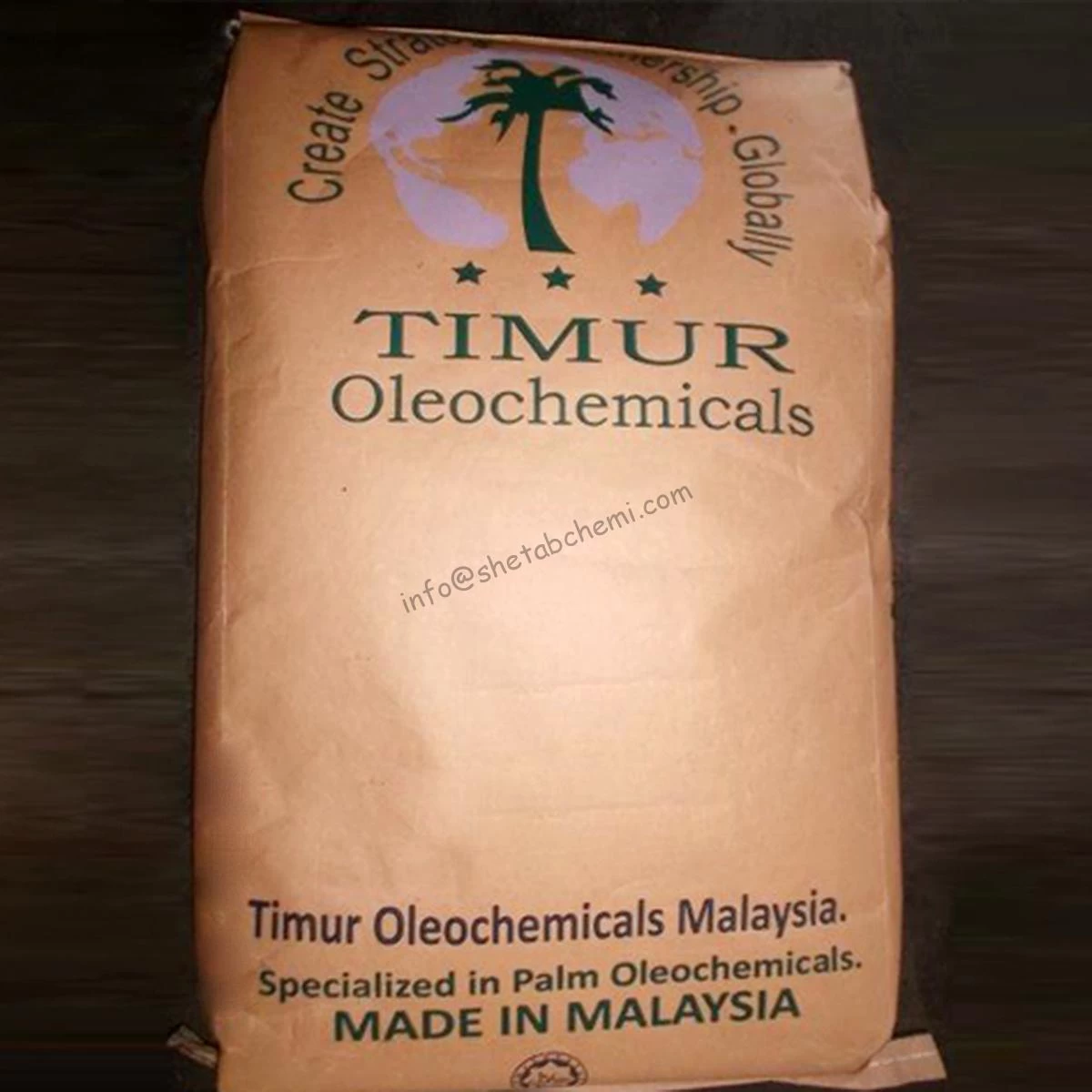
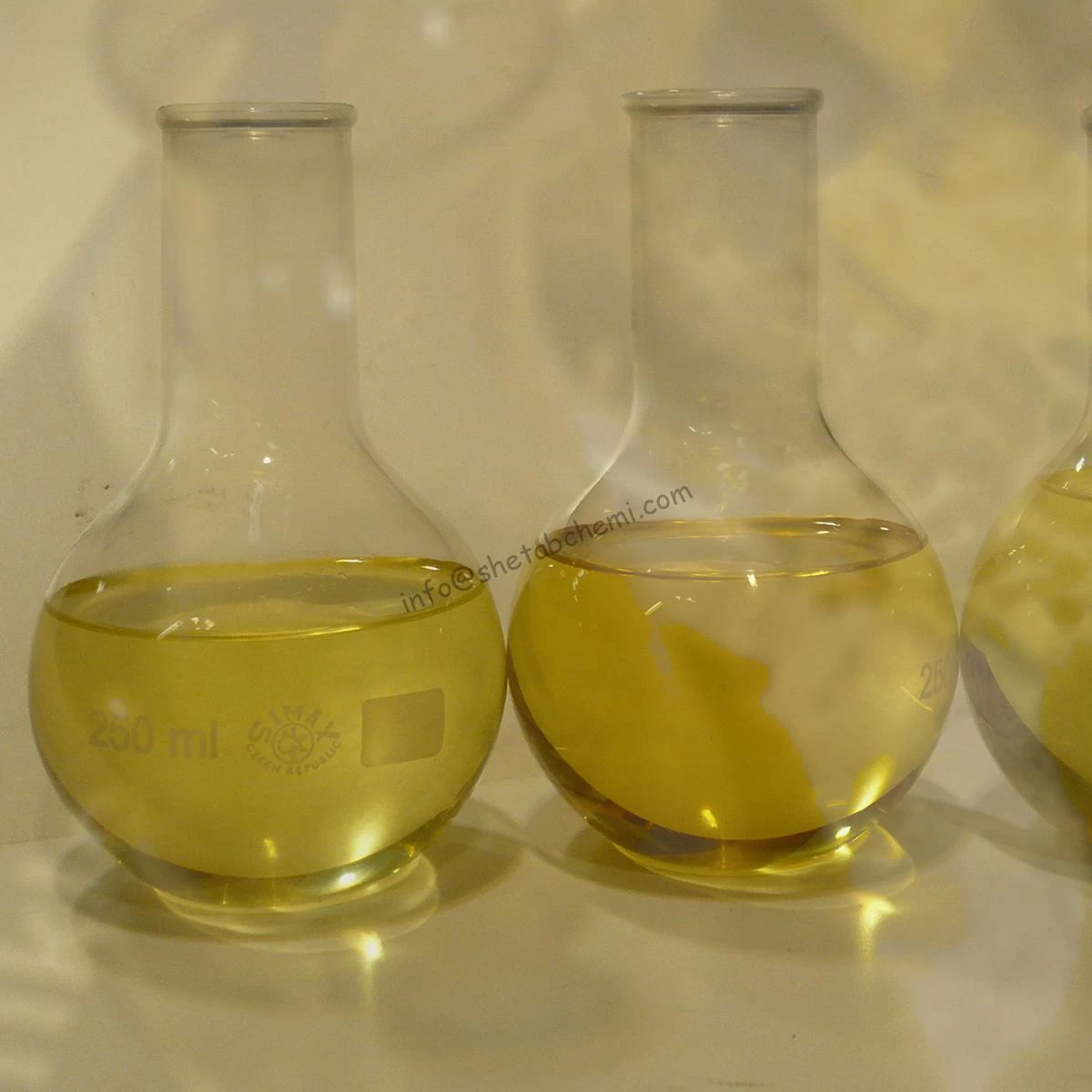
.webp)
.webp)
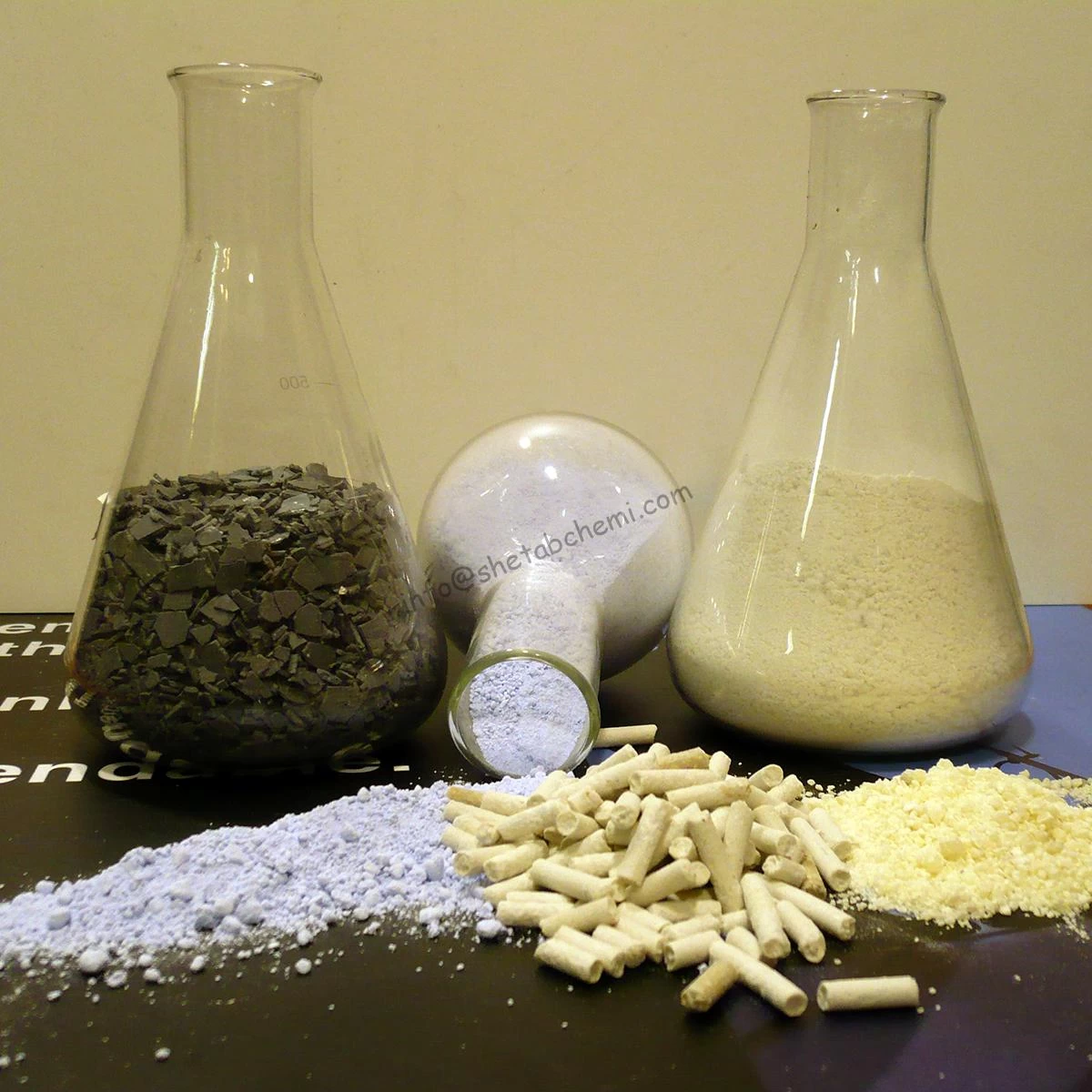
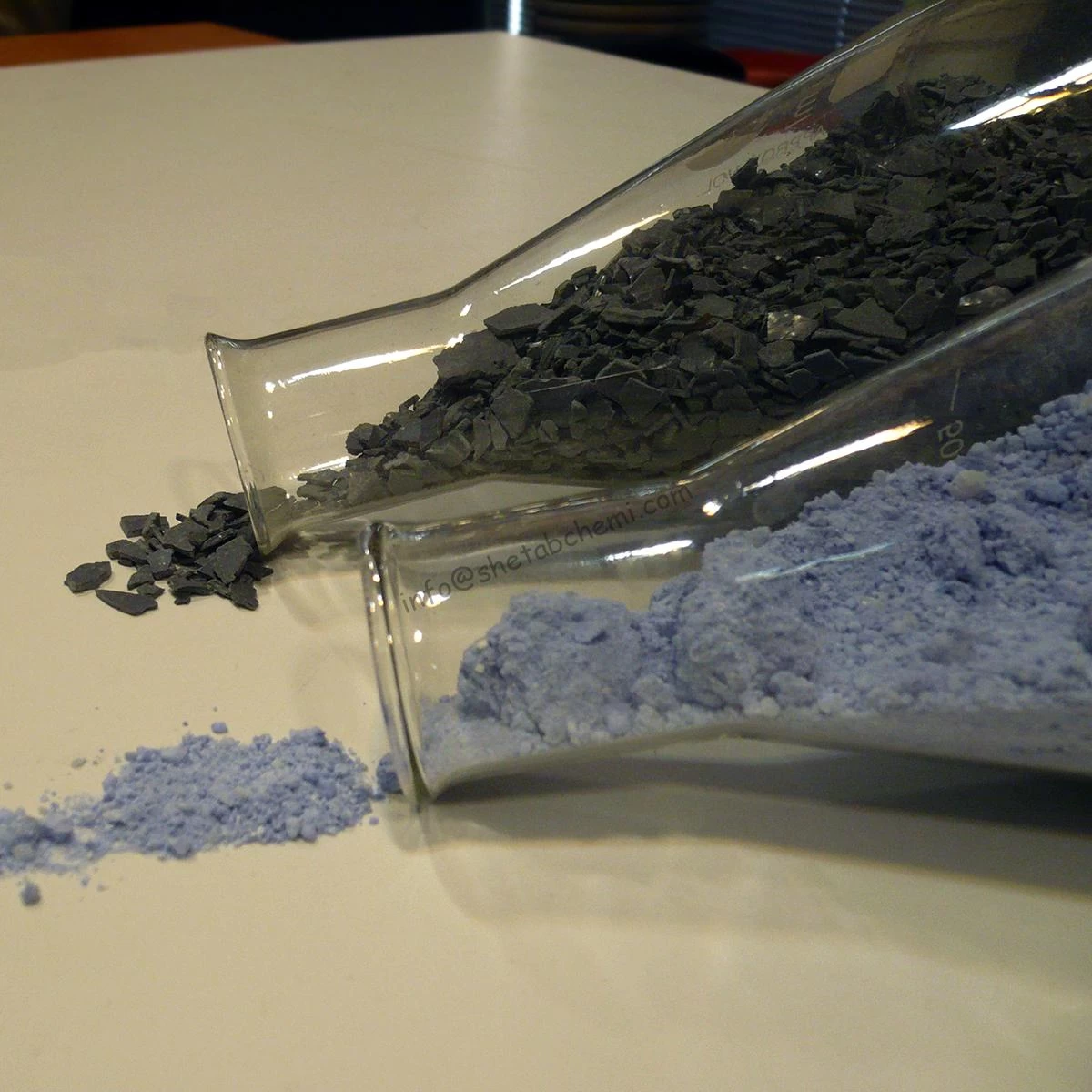
.webp)
